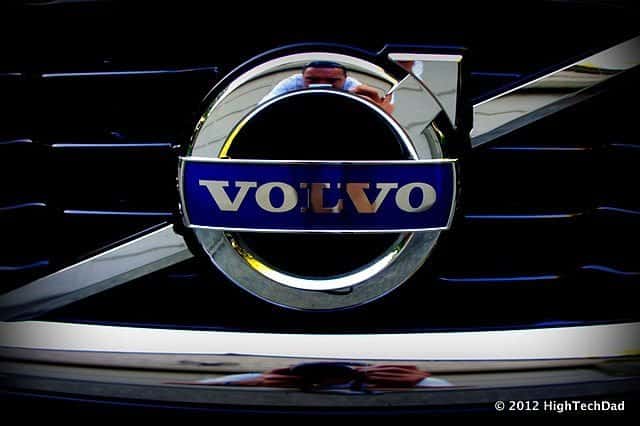Swedish telecom giant Ericsson has signed his largest contract to date for the Connected Vehicles Cloud. Last Thursday, the company announced that Volvo will use the platform for its digital services for vehicles over the next five years.
Ericsson’s platform offers a variety of features including telemetry, infotainment, navigation, automation and fleet management. The cloud is delivered via various distributed centres and meets the requirements of, among others, the European General Data Protection Regulation (GDPR).
Global platform
Ericsson offers a scalable and global platform for connected services to Volvo Cars, said Ã…sa Tamsons, head of the new business for Ericsson. By removing complexity from areas such as data legislation and storage management, and reducing delays in our services, our platform enhances the overall user experience of Volvo Cars’ related services.
Ericsson is also the largest supplier of mobile network technology. The partnership with Volvo follows several other partnerships with the automotive industry. Ericsson works with various companies on the roll-out of autonomous vehicles. It does not do this as a manufacturer of the cars, but as a manufacturer of the networks and technology needed to make the connected vehicles possible.
Ericsson is already working with Telia and Einride, among others, specifically to ensure that self-propelled trucks are possible with the help of 5G technology. At the moment, the companies are jointly carrying out tests with Einride’s T-Pod. Ecisson has also announced a partnership with Audi, in which the company intends to use 5G techniques in the production of its vehicles. Audi intends to make its factories much smarter, including the use of wireless production robots in the assembly of its vehicles.
This news article was automatically translated from Dutch to give Techzine.eu a head start. All news articles after September 1, 2019 are written in native English and NOT translated. All our background stories are written in native English as well. For more information read our launch article.